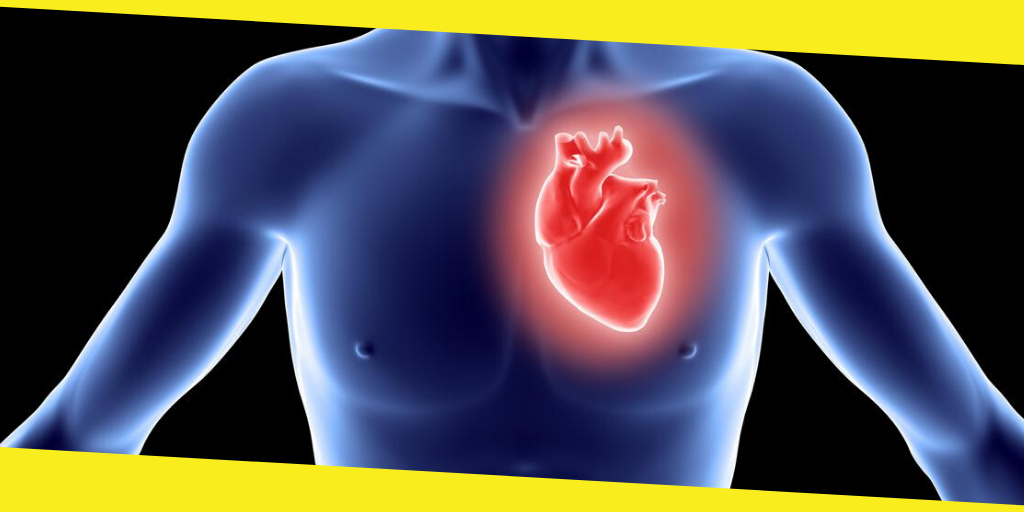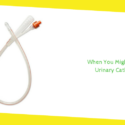Is A Heart Transplant Recommended For You?
This post was last updated on March 18th, 2025

Heart Transplant Overview
A heart transplant is a complex surgery in which a failing or diseased heart is replaced with a healthy heart of the donor. Doctors prescribe this surgery when they identify heart disease symptoms in a patient. This process is primarily done for the patients whose condition continues to deteriorate even after the best possible medications and surgeries. A heart transplant is an advanced medical treatment with a success and survival rate if post-surgery precautions are correctly taken.
Why is it done?
This surgery is performed when all other possible treatments fail to improve the health of the patient, leading to heart failure. There are many reasons behind heart failure, like:
- Cardiomyopathy, a condition that leads to weak heart muscles
- Heart valve disorder or disease
- Coronary artery disease
- Ventricular Arrhythmias, along with abnormal and dangerously recurring heart rhythms that cannot be controlled through other medications and treatment
- Congenital heart defect or a heart disease by-birth
The significant causes of heart failure in children are cardiomyopathy or a congenital heart defect. A multi-organ transplant can also be performed along with a heart transplant. It includes:
- Heart-Kidney Transplant – When a patient is suffering from kidney failure along with heart failure, this procedure can be a viable option.
- Heart-Lung Transplant – This is quite a rare condition, where a doctor can suggest transplant surgery for both heart and lung. It is performed only when the state of the patient is very critical.
- Heart-Liver Transplant – This can be an option for patients suffering from particular heart and liver disorders.
Who can go for it?
A heart transplant is a very complicated procedure. Everyone cannot undergo this complicated surgery. Here are certain conditions that don’t make you fit for this surgery.
- If you already have another disease that is continuously taking a toll on your health by shortening your life, you may not be fit to undergo this procedure.
- If you are at an age where recovery from a heart transplant is questionable.
- If you are unable or not willing to alter your lifestyles to keep your transplanted heart healthy by quitting smoking or drinking.
- If you have a medical history of cancer, you should avoid going for this surgery, as it can trigger mutations.
Risks Associated with Heart Transplant Procedure
A heart transplant is a risky and complicated procedure. It takes a lot of planning and expertise to make this surgery a success. Just like any other surgery, heart transplant also has some risk factors associated with it. Most common symptoms are:
Rejection – At times, a patient’s body rejects the transplanted heart. It can give rise to some serious issues like high blood pressure, kidney failure, lymphoma, or osteoporosis.
Infection – Many patients contract deadly infections during the recovery process. Around 50% of the patients are vulnerable to health issues like coronary artery disease or atherosclerosis. Some of them also suffer from angina or chest pain in which they have zero sensation in their transplanted heart.
Graft Failure – This is a condition where the donor’s heart fails to function correctly within the first few months of the transplant.
Arteries – There are chances that the walls of arteries get thickened, leading to a condition called cardiac allograft vasculopathy. This condition obstructs smooth blood flow, leading to heart failure, heart attack, cardiac arrest, or heart arrhythmias.
Cancer – Immunosuppressants can enhance the risk of contracting the disease. Taking cardio medications can lead to lip and skin tumors, non-Hodgkin’s lymphoma, and so on.
Other risks – Other risks include:
- Breathing problems
- Medication side effects
- Internal bleeding during the surgery
- Development of blood clots that can lead to lung diseases, stroke, or heart attack
- Failure of the transplanted heart
- Coronary allograft vasculopathy
- Death
Is Heart Transplant Recommended For You?
Here are some critical heart transplant criteria:
- Your age should be less than 69 years of age
- You should not have any active infection, organ impairment, and cancer diagnosis, any arterial disease that affects blood circulation to legs or brain. This condition can affect the chances of a successful transplant.
- You should be physically healthy to cope with situations like pulmonary hypertension, advanced cardiomyopathy, heart disease, or possible hearth failure.
- You should be psychologically stable and should understand the requirement and risks of this procedure.
- You should have a healthy weight or should not be medically obese.
- You should abstain from the consumption of tobacco, cigarette, and alcohol.
A heart transplant is a very crucial medical procedure. Ensure you have social and financial support during and after the surgery.
You may like this
Recommended For You
What to Expect After an Artificial Disc Surgery
Most Inside
Most Inside offers high-quality recommendations and valuable updates to enhance all aspects of your life, providing premium guidance and enriching experiences.




